Andreana from Illinois
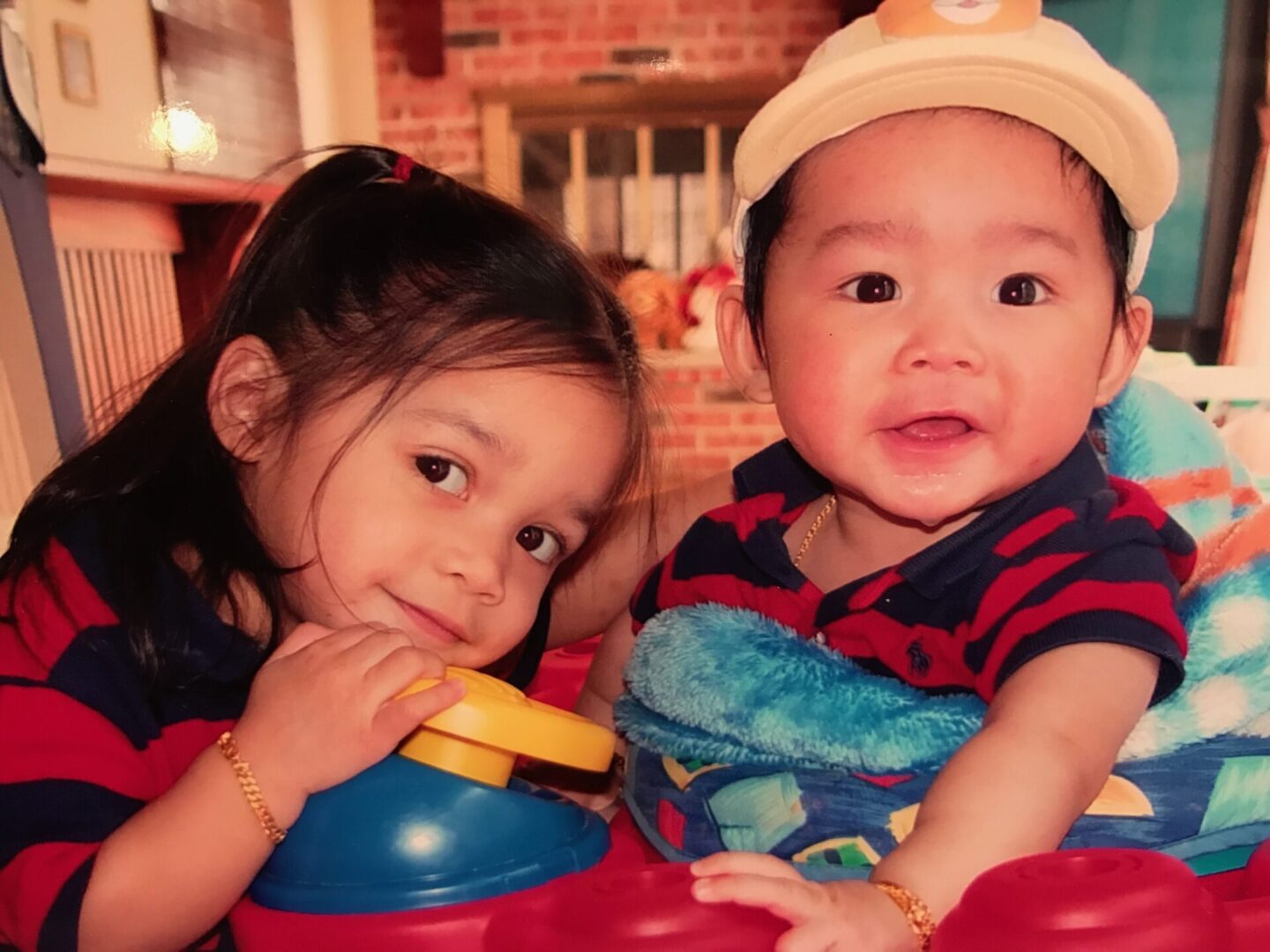
I was born on December 14, 2002, and was the first child to my mom and dad. I was born anemic, but other than that, I don’t know of any complications or indications at birth or early on other than being a typical, healthy baby. Two years after I was born, my brother came along. He, too, was born anemic but a healthy, thriving baby. In fact, according to my mom, he hit all of his milestones early.
I didn’t start walking until I was 18 months old, and I didn’t say my first word until the age of 3. My mom concluded that perhaps it was due to speaking so many languages at home since I grew up in a multilingual household. By age 4, after participating in different therapies to help catch me up to speed, I was on par with my peer group. I also experienced vision issues; by age 5 I had glasses. Another thing that does stick out to me from my early childhood years is that until the age of 8, I was still drinking out of a baby bottle.
In my early elementary school years, I did just fine in school. I tended to excel in math but was always grouped in the “lower level” reading groups in class by my teachers. When I was 9, my figure skating coach noticed that I seemed to be experiencing processing issues and shared this with my parents. Over time, it started to become more obvious that something was off because during junior high I started to have a hard time completing assignments. I did have accommodations that allowed me more time, among other things, to help me keep up. In 6th grade, I started speech therapy to help me address some of the gaps in my speech abilities. By the second semester of 7th grade, I really started having difficulties and had to drop down to grade level math. I began to struggle in history as well, needing more and more time to keep up with the pace of the classroom and needing more time to complete assignments.
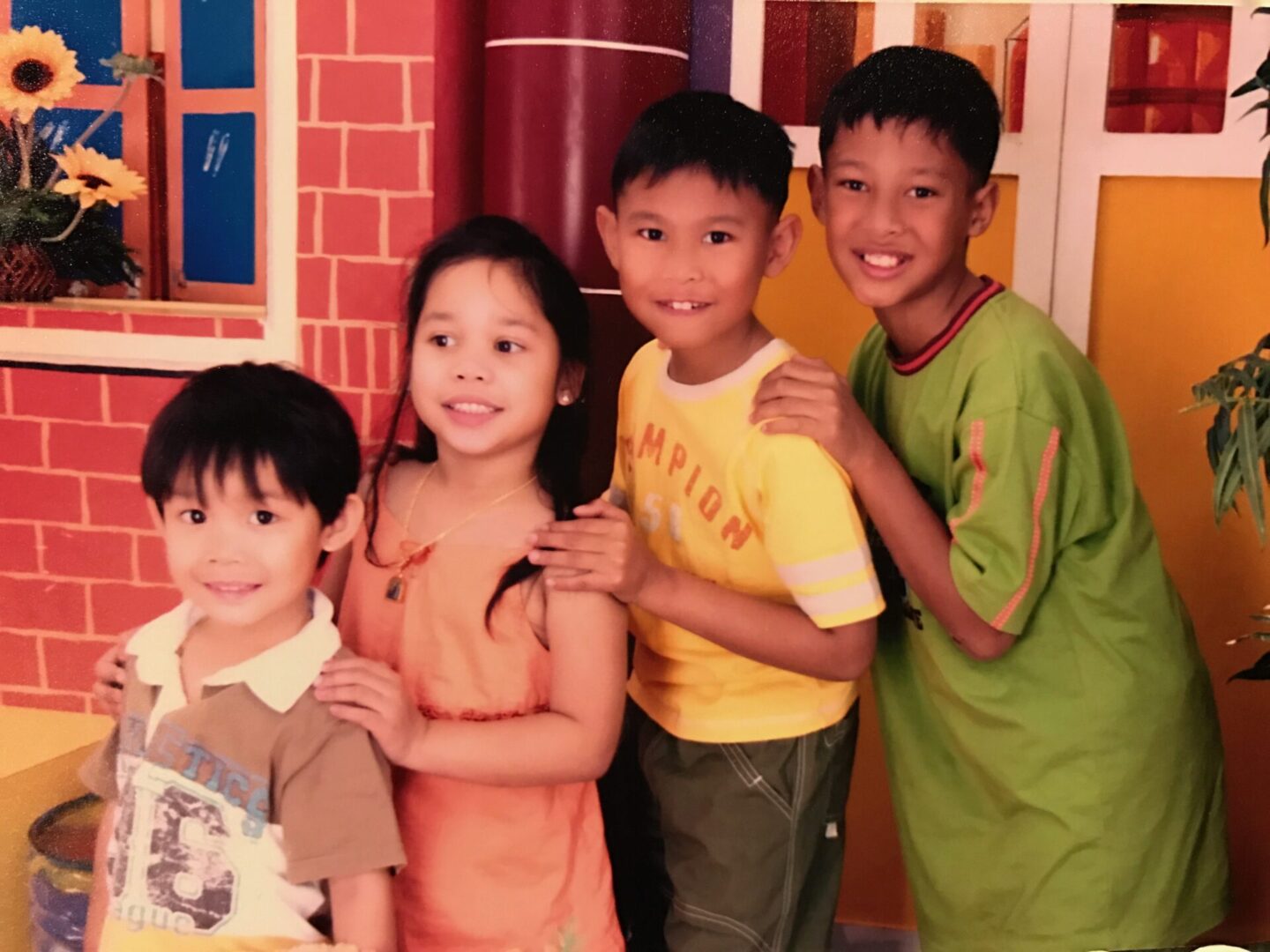
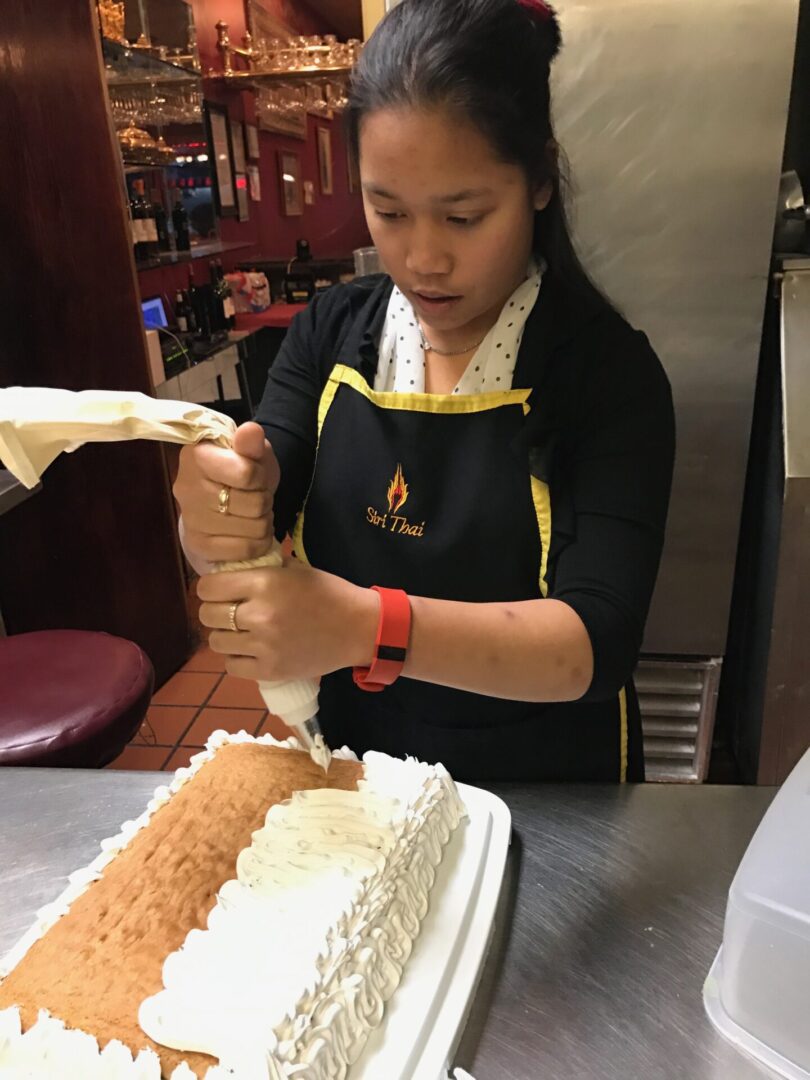
The summer of going into high school, while in Thailand with my family, I had my first seizure. I went to the hospital, and an MRI was performed, but didn’t show anything that raised concerns. It was really in my junior and senior year of high school that things really started to come to a head. I experienced the loss of my dad to cancer, which took a huge emotional toll on me. My memory and cognition really started to decline during this time, too, and I feel as if I almost reverted back to a very young baby or child. I was still functioning and going to school, but at this point, I could no longer manage all of the activities that had been such a big part of my life. I went from being an average kid, being able to do anything from figure skating, to swimming, playing the piano, to JV tennis in high school, making good grades, to having to stop all the extracurriculars because it just became too much.
My family and I went on a trip to Hawaii around spring break of my senior year of high school. While on the trip, my family members noticed some issues that I was having with coordination and movement, as well as judgement and issues with impulsivity. When we returned home, three days after my 18th birthday, I got sick with covid. I had a second seizure, and from this point on, I don’t remember much of anything. At some point, I was hospitalized, and doctors began to realize that something was really wrong. I wasn’t able to say much, I was having trouble moving and walking and was sleeping 16+ hours a day.
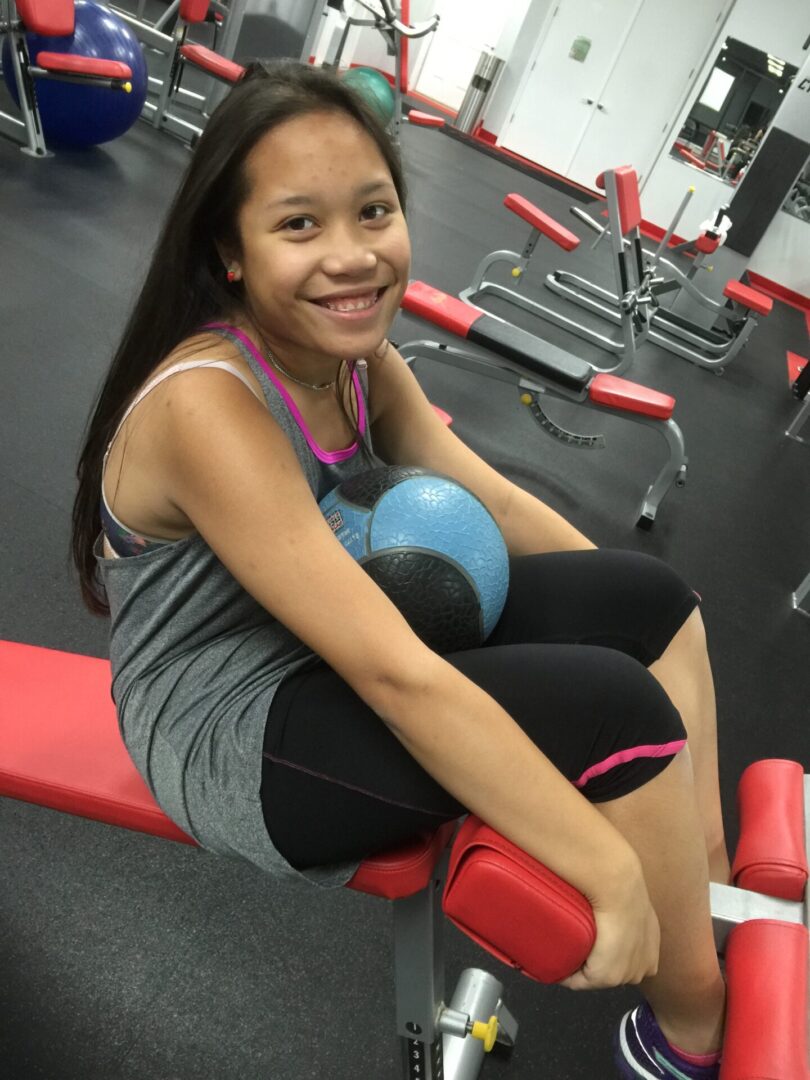
The doctors ran a ton of tests, and my mom was busy doing her own research, trying to get to the bottom of what was going on with me. None of the initial tests came back with results that pointed to an answer. Doctors took samples from both me and my mom and sent them off for whole exome sequencing. A month later, when the results from the whole exome sequencing came back, it prompted my doctors to perform a repeat of metabolic testing. The metabolic testing showed increased plasma homocysteine and increased CSF-5-methyltetrahydrofolate, which confirmed a diagnosis of cblG deficiency.
I was started on Vitamin B12 (hydroxocobalamin) injections, Leucovorin tablets, and Cystedaine/Betaine Oral Powder. Within two weeks, my mom noticed an improvement in me, and I was able to communicate with my brother again. Five months after starting treatment, I was able to go to college and was really getting back to myself again.
Doctors are calling what I experienced “Reversible dementia”, due to my undiagnosed/late-onset Cobalamin G Deficiency. In fact, the doctor that helped diagnose me, Dr. Bicknese, along with my current geneticist, Dr. Baker, and a few of their colleagues, published a paper about my experience. You can read it here.
Now, I am twenty years old and a third-year college student at NIU pursuing health sciences as well as working with the family business. For now, my goal is to graduate in Spring 2026 with a bachelor’s in science with an interest in health sciences and transfer to Northwestern to pursue a master’s in public health with concentrations in community health and global health. I also want to get a summer job at Lurie Children’s Hospital so I can get a feel of what I am doing with my major. My dream one day is to not only run the family business and travel around the world as an integrative medicine pediatrician but become a woman that my family can be proud of.
Throughout the process, my family has been extremely supportive of me and I am supportive of them. I’ve been able to overcome challenges by being surrounded by my friends and family that I can call home. My friend, Kai, was able to do weekly facetime calls with me to help me with my academics. My friend, Emily, was able to help me with my creative mindset. My friends don’t really care if I have my disorder because they treat me as how I would treat them.
When I explain my disorders and treatments to others, the general reaction would be shocking, which I totally get, but I choose wisely on who I should tell because there will always be people who can actually help and support you and there are others who will take advantage of you.
For families and young people newly diagnosed with homocystinuria (HCU) or cobalamin (B12) disorders, the journey ahead may feel overwhelming, but you are not alone. As someone who has lived through this, I want to share some words of encouragement and practical advice:
Knowledge is Power – Educate Yourself-
Understanding your diagnosis is the first step in taking control of your health. Learn about:Your specific type of HCU or Cobalamin disorder
Dietary restrictions and supplementation
Symptoms to watch for
How to advocate for yourself in medical settings
Build a Strong Support SystemFamily & Friends-
Educate them about your condition so they can support you.
Medical Team: Find doctors who specialize in metabolic disorders and don’t be afraid to ask questions.
Community: Connect with others who have HCU/cobalamin disorders—they understand what you're going through
Follow Your Treatment Plan (Even When It’s Hard)-
Diet and Supplements: If your condition requires dietary changes or B12 injections, stay consistent. Even small lapses can have a big impact.
Routine Bloodwork: Keep up with regular monitoring to track your levels and adjust treatment as needed.
Stay Organized-
Use a medication tracker or journal to help you stay on top of everything.
Don’t Let It Define You-
You are not your diagnosis. Yes, it’s part of your life, but it doesn’t have to control it. You can still chase your dreams, build relationships, and enjoy life. It may take extra effort, but you are capable of so much.
Be Patient With Yourself
If you have cognitive delays, physical challenges, or learning struggles, remember that progress takes time. Celebrate small victories, and don’t compare your journey to others.
Mental Health Matters
A diagnosis like this can bring frustration, isolation, or anxiety. It’s okay to ask for help—whether from a counselor, a support group, or loved ones. Your emotional well-being is just as important as your physical health.
You Are Stronger Than You ThinkLiving with a rare disorder makes you resilient. You’ll face challenges, but you will also discover strength, adaptability, and a unique perspective on life that many never experience
I won’t lie—this road isn’t always easy. But with knowledge, support, and perseverance, you can lead a full, meaningful, and impactful life. You’ve got this.
As far as the future goes my hopes are for better treatment options that make managing homocystinuria (HCU) and cobalamin disorders easier and more effective, and one day, a cure. It would be ideal to have more accessible and effective therapies, such as gene therapy, or new medications that could help regulate metabolism without such strict dietary restrictions. Additionally, easier and more tolerable treatment options—less painful injections, better-tasting formulas, and more convenient ways to manage the condition.
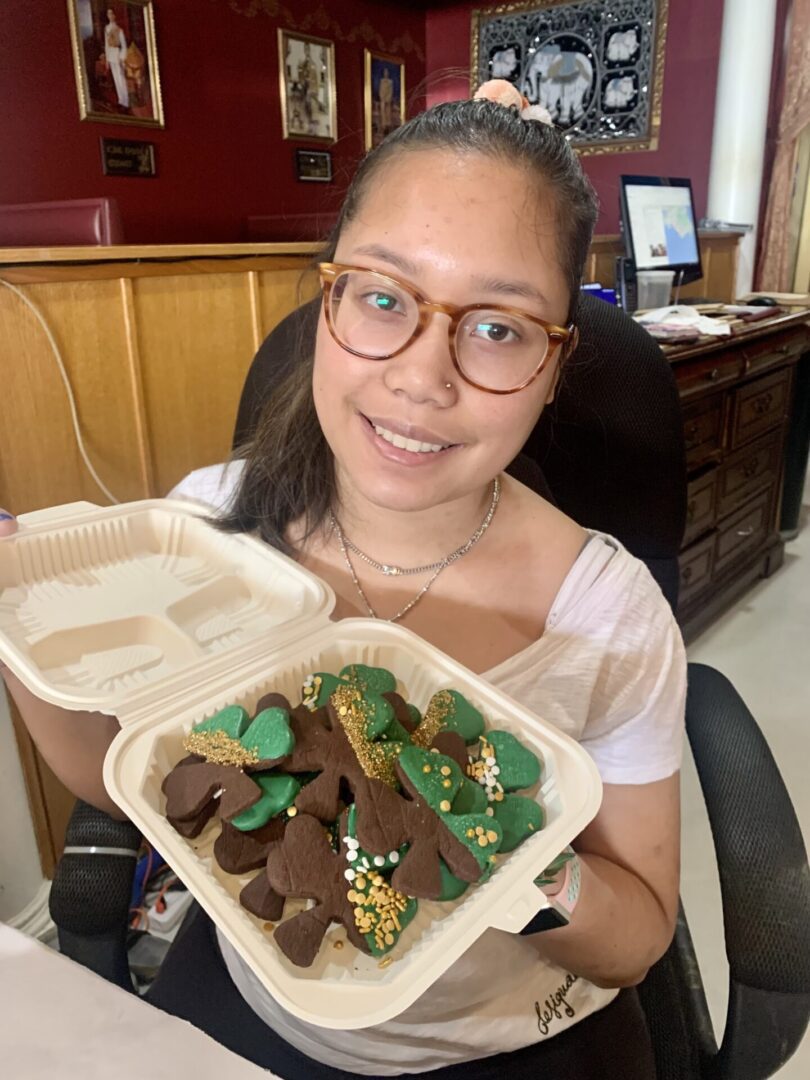
I also hope for:
Earlier diagnoses & awareness: Many people suffer for years before getting a proper diagnosis. Misdiagnosis & late diagnoses happen too often. Many people, including me, go undiagnosed for years, leading to unnecessary complications. I want doctors, medical professionals, and even everyday people to be more aware of the symptoms so that others don’t suffer in silence. Universal newborn screening for HCU and cobalamin disorders worldwide would be key in early diagnosis, and more awareness among doctors so they recognize symptoms early and prevent complications before they start. I also hope for more research funding to ensure that progress continues in understanding these conditions.
A supportive & understanding society: Less stigma and more empowerment for those with disabilities or chronic illnesses. Living with a rare disorder can feel isolating. I wish for more education for schools, workplaces, and the public—so that accommodations and empathy become the norm, not the exception. Also, I have hopes of a stronger global community of people with metabolic disorders—so no one has to face this journey alone.
A Future Without Fear: For myself and others, I wish for a future where we don’t have to fear medical emergencies due to missed treatments or lack of knowledge from healthcare providers. Where we can live long, fulfilling lives without the constant stress of managing every detail of our condition. We can dream big, pursue careers, families, and adventures without limitations holding us back. Most of all… I hope no one feels alone. No matter how rare this disorder is, no one should feel like they’re fighting this battle by themselves. My greatest hope is that everyone with HCU or a cobalamin disorder knows that they are strong, capable, and never alone. There is hope. There is progress. And we are so much more than our diagnosis.
I want people to know that...
It’s more than just a metabolic disorder.
People often think homocystinuria (HCU) and cobalamin disorders are just about diet or vitamin deficiencies, but it’s so much more. These conditions can affect:
The brain (cognition, memory, mental health)
Vision (risk of blindness, lens dislocation)
The skeletal system (osteoporosis, long limbs, scoliosis)
The heart (blood clots, stroke risk, vascular damage)
Daily energy and fatigue levels
Managing it isn’t just about taking medicine
It impacts nearly every part of life. It’s a lifelong condition, but not a life sentence. Yes, it’s challenging. Yes, it requires discipline and sacrifice. But it does not define me or anyone else who has it. With the right support, medical care, and perseverance, people with these disorders can still achieve incredible things.
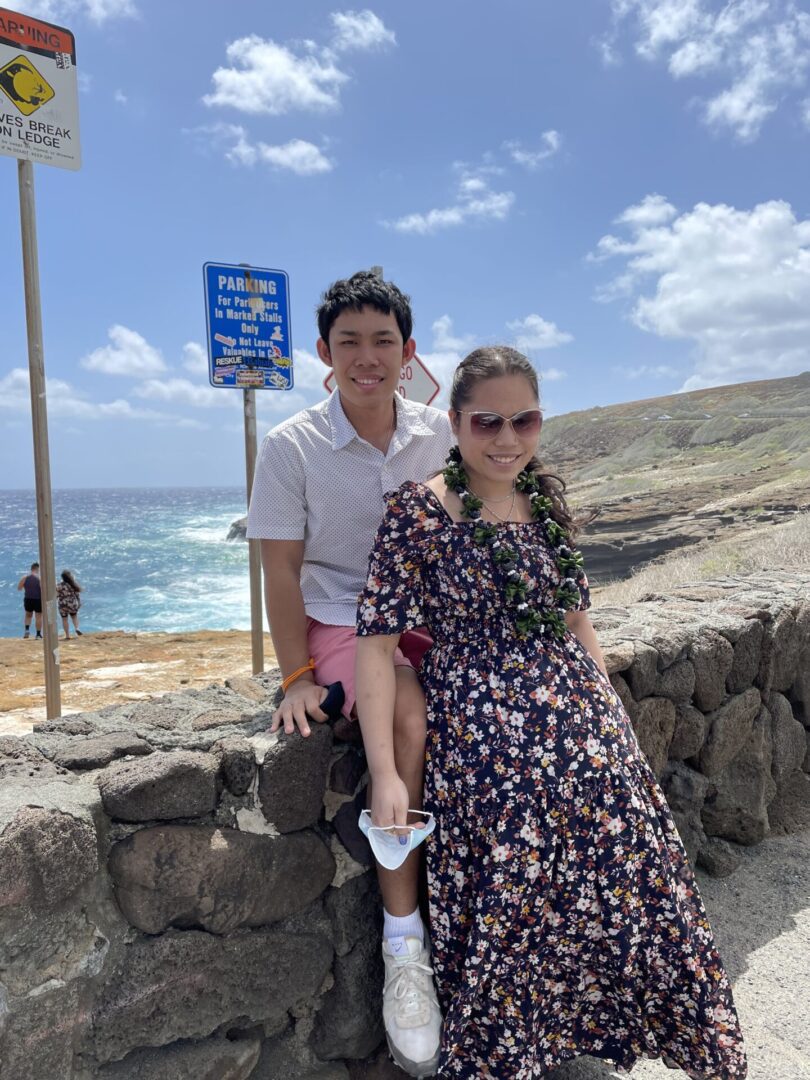
Every person’s journey is different.
Some people get diagnosed at birth. Others, like me, don’t find out until they’ve already faced serious health challenges. Some have mild symptoms; others experience life-threatening complications. There is no “one-size-fits-all” experience.
People with rare disorders are some of the strongest people you’ll meet.
Living with something so rare means we become our own advocates, researchers, and warriors. We push through challenges most people will never understand, and we develop a resilience that makes us fighters.
We need more research, more awareness, and more support.
The world still has a long way to go in understanding and helping people with rare metabolic disorders. More funding, better treatment options, and improved public knowledge can change lives—including mine.
One final thought: we are not alone, and we are capable of so much. To anyone reading this—whether you have HCU, a cobalamin disorder, or love someone who does—we are more than our diagnosis. We have dreams, strengths, and potential that go far beyond our challenges. With awareness, support, and determination, we can live full, meaningful lives. Never stop fighting. Never stop hoping. You are stronger than you know.
